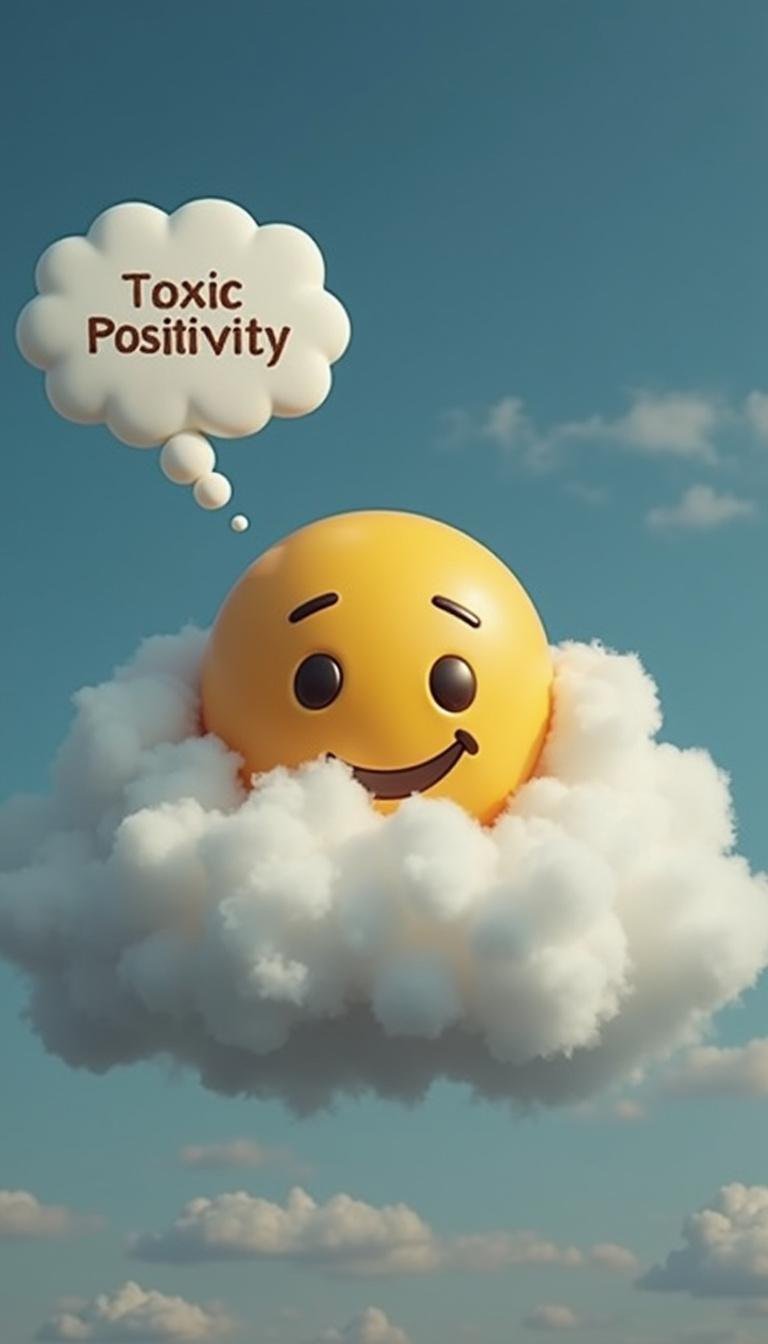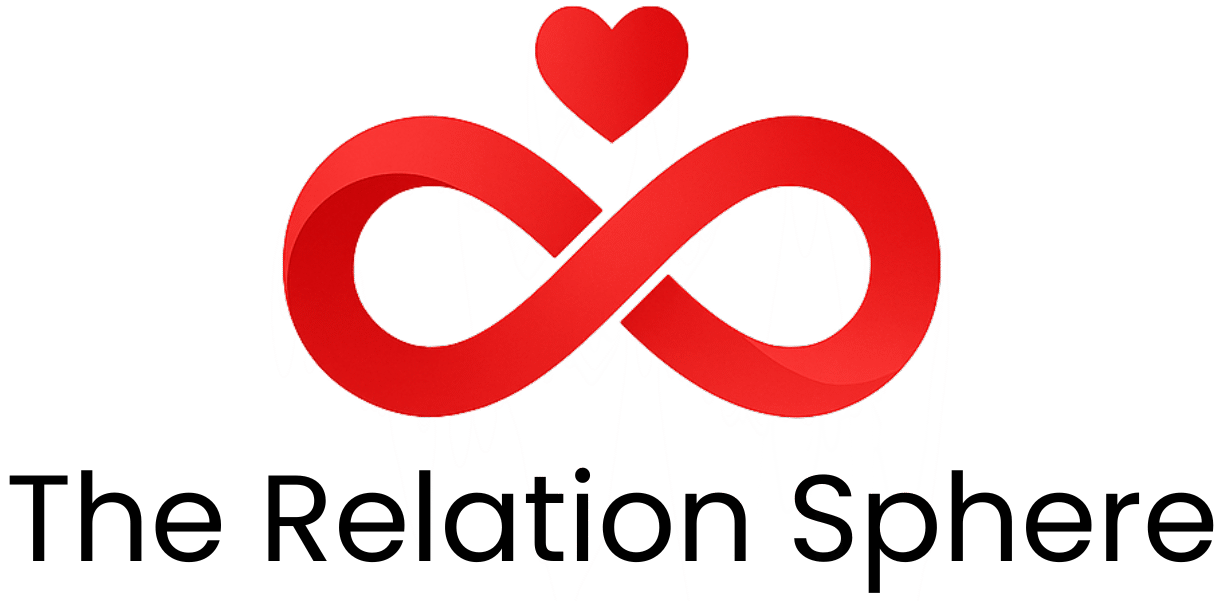1. Introduction
In today’s fast-paced social landscape, friendships serve as a cornerstone of our emotional stability and overall happiness. Yet, not every friendship is as healthy or supportive as it appears. A concerning trend gaining recognition among mental health professionals and relationship experts is toxic positivity in friendships. This phenomenon can subtly undermine genuine emotional sharing, leading to superficial connections that hinder authentic support. Recognizing the warning signs of toxic positivity and understanding its impact are crucial steps toward cultivating more wholesome and emotionally nourishing relationships. As social media influences our perceptions of positivity, it’s essential to discern when optimism turns into emotional invalidation, which can be detrimental to mental health and intimacy.

2. What Is Toxic Positivity in Friendships?
Toxic positivity in friendships manifests when friends insist on maintaining an excessively optimistic or cheerful facade, dismissing or minimizing authentic feelings of distress, sadness, or frustration. While encouraging a positive attitude is generally beneficial, when positivity becomes dismissive or invalidates the emotional experiences of others, it can erode trust and emotional intimacy. This often stems from a desire to avoid discomfort or confrontation but results in emotional suppression rather than genuine connection. Essential mental health tools like mindfulness techniques can help recognize when positivity becomes toxic and learn to support friends more authentically. Recognizing this pattern is vital for ensuring your friendships support emotional well-being rather than undermine it.
Signs of toxic positivity in friendships include:
- Imposing relentless optimism that ignores your genuine feelings
- Forcing a “positive vibe” when discussing difficult issues
- Minimizing your feelings or telling you to “just stay positive”
- Lack of empathy or understanding during emotional struggles
- Hijacking conversations to focus only on positive outcomes

3. The Impact of Toxic Positivity on Friendships
Toxic positivity in friendships can have serious repercussions on emotional health, often leading to feelings of isolation and misunderstanding. When friends dismiss or deny feelings of anger, grief, or vulnerability, it creates an environment of superficial support rather than genuine understanding. This can cause emotional exhaustion and hinder true emotional closeness. In fact, toxic positivity not only damages trust but also prevents individuals from feeling validated in their authentic emotional states. Over time, this superficial support system can deteriorate, making it difficult to maintain meaningful, supportive connections. Instead of fostering true emotional resilience, it promotes an environment where only positive feelings are permissible, which is often unrealistic and unhealthy.
Understanding the nuances of emotional honesty requires tools like relationship communication strategies, which help create genuine conversations instead of superficial positivity. Recognizing this pattern now can mean the difference between a supportive friendship and an emotionally draining one. Prioritizing authenticity ensures that your friendships can weather life’s ups and downs, building resilience and mutual trust.

4. How to Recognize Toxic Positivity in Your Friendships
Developing awareness around toxic positivity in friendships is essential for safeguarding your emotional health. Some telltale signs include feeling dismissed or invalidated when expressing your true feelings, often coupled with friends insisting that you “look on the bright side” regardless of your circumstances. This pattern discourages honest emotional exchange and can make you feel guilty for experiencing negative emotions. Moreover, constant reassurance that only positivity is acceptable—especially when it minimizes your struggles—is a red flag. Recognizing these patterns can be challenging, but tools such as self-awareness exercises and open dialogue can help you differentiate between supportive and toxic behaviors. Healthy friendships acknowledge both positive and negative feelings as natural parts of the human experience, fostering true emotional support.
- Feeling dismissed or invalidated when sharing your real feelings
- Frequent reassurance only focused on positivity, with little room for honest talk
- Feeling guilty or selfish for having negative emotions
- Feeling constantly pressured to smile or stay upbeat, regardless of your mood
- A pattern of friends minimizing your emotional struggles

5. How to Address Toxic Positivity in Friendships
If you notice toxic positivity in your friendships, addressing it with sensitivity and empathy is key. Effective communication can foster understanding and help set boundaries. Consider discussing your feelings honestly—explaining how dismissive comments impact you without assigning blame. Introducing tools like relationship workbooks or communication techniques can strengthen your approach. Encourage your friends to embrace all emotions—positive and negative—by modeling this behavior yourself. Remember, setting boundaries is crucial, whether it involves limiting conversations that dismiss your feelings or seeking out friends who validate emotional authenticity. Cultivating mutual understanding ensures that both parties feel heard and respected, leading to healthier, more authentic friendships.

6. Promoting Healthy and Authentic Friendships
Fostering real, meaningful friendships hinges on honesty, empathy, and respect. Healthy relationships embrace emotional authenticity, supporting each other through all feelings—positive and negative. To build such connections, encourage open emotional expression free from judgment and practice active listening to truly understand your friends’ experiences. Sharing your own emotions and boundaries models vulnerability and creates a safe space for others. Embodying these principles can be supported by reading resources like The Seven Principles for Making Marriage Work, which offers insights into sustaining authentic relationships. Prioritizing genuine connection over superficial positivity lays the foundation for long-lasting, resilient friendships. Celebrate vulnerability and authenticity over forced cheerfulness, fostering friendships that truly nurture emotional well-being.
Conclusion
Recognizing toxic positivity in friendships is fundamental to maintaining your mental health and nurturing genuine connections. By setting boundaries, promoting honest communication, and seeking relationships grounded in authenticity, you empower yourself to build friendships that provide real emotional support. True friends accept and validate your feelings, both joyful and challenging, creating a safe environment for personal growth and honest interactions. Remember, healthy friendships thrive on authenticity and mutual respect, not forced positivity.
FAQs About Toxic Positivity in Friendships
Q: How can I tell if my friend is exhibiting toxic positivity?
A: Key indicators include dismissing your feelings, insisting on always staying upbeat, or minimizing your emotional struggles. For example, if your friend often says “just stay positive” during difficult times, it may signal toxic positivity. Learning to recognize toxic behaviors helps in addressing these issues constructively.
Q: Why is toxic positivity harmful in friendships?
A: It hampers genuine emotional connection, leads to feelings of invalidation, and fosters emotional suppression. This ultimately damages trust and prevents true understanding. For tools to navigate such dynamics, consider exploring stress and anxiety management techniques, which can help you better handle emotional health challenges.
Q: How do I address toxic positivity in my social circle?
A: Approach conversations kindly and openly, expressing how dismissive comments affect you. Setting boundaries and encouraging empathy can help shift the dynamic. Utilizing resources like relationship communication guides you in fostering honest dialogue and promoting emotional authenticity.
Q: Can healthy friendships exist without always being positive?
A: Absolutely. Genuine friendships embrace both good and bad emotions, fostering resilience and deeper trust. Accepting that negative feelings are natural parts of life ensures your relationships are rooted in trust and honesty, not superficial positivity.
By understanding and addressing toxic positivity in friendships, you can cultivate relationships that are truly supportive, enriching your emotional well-being and fostering authentic human connections.

